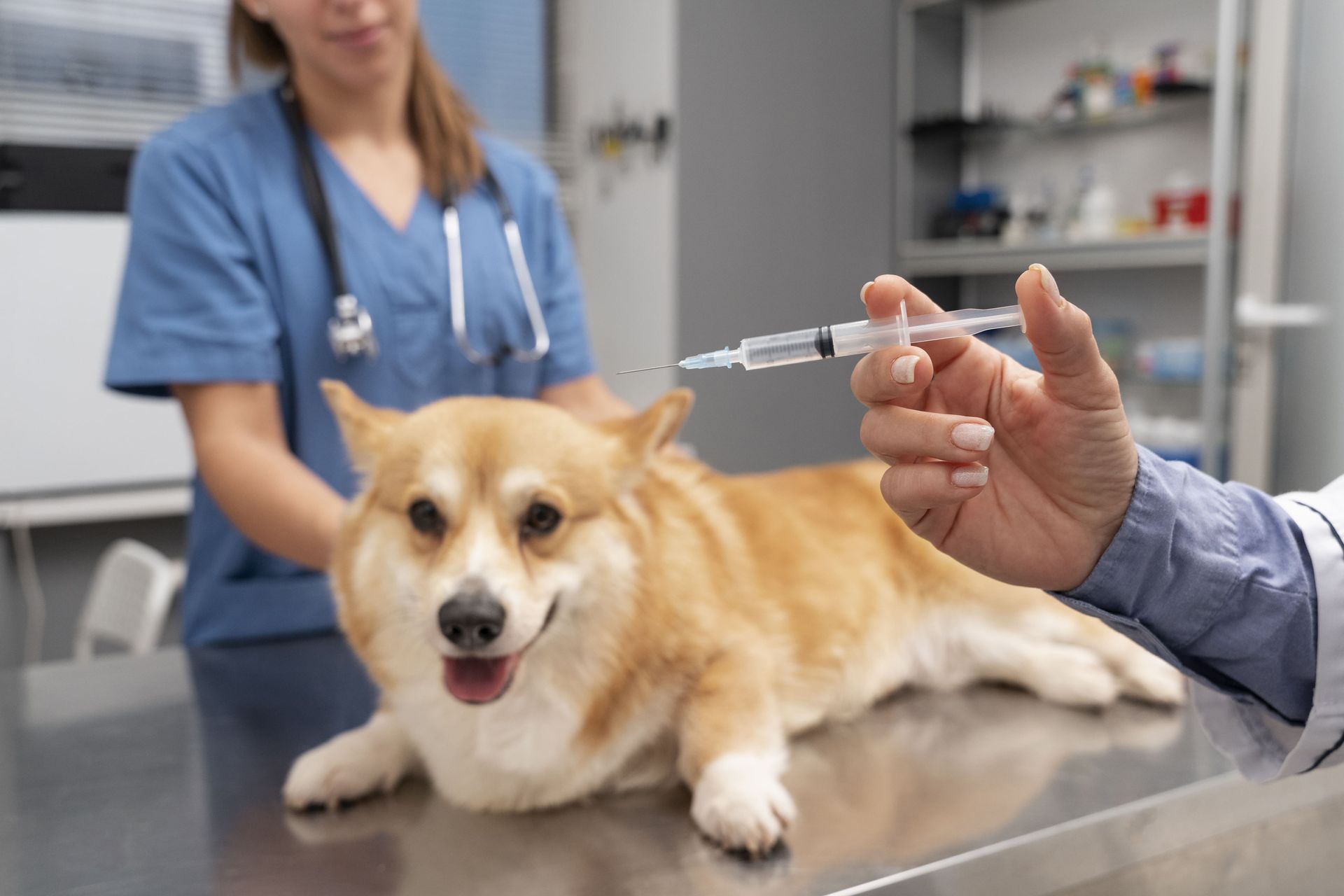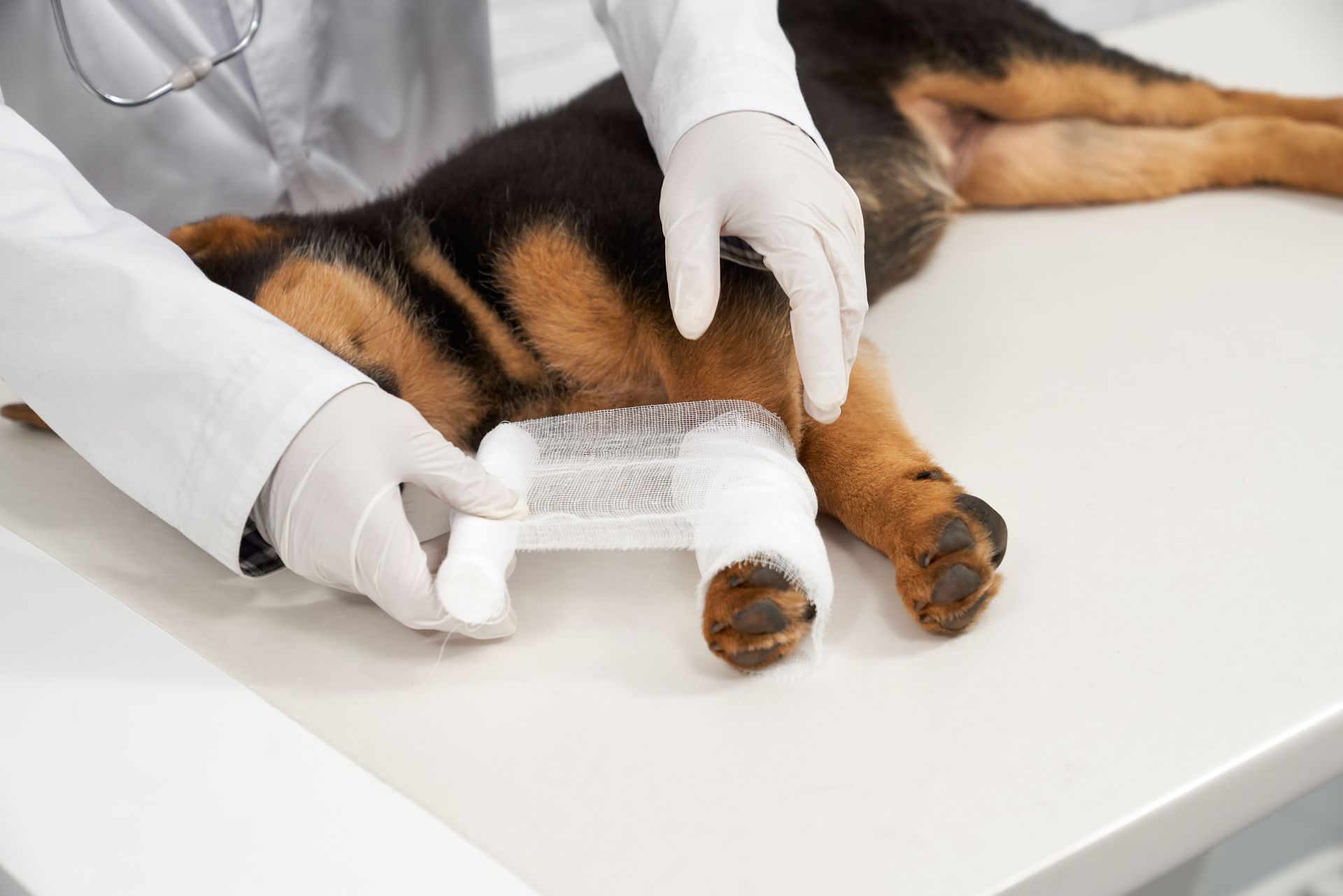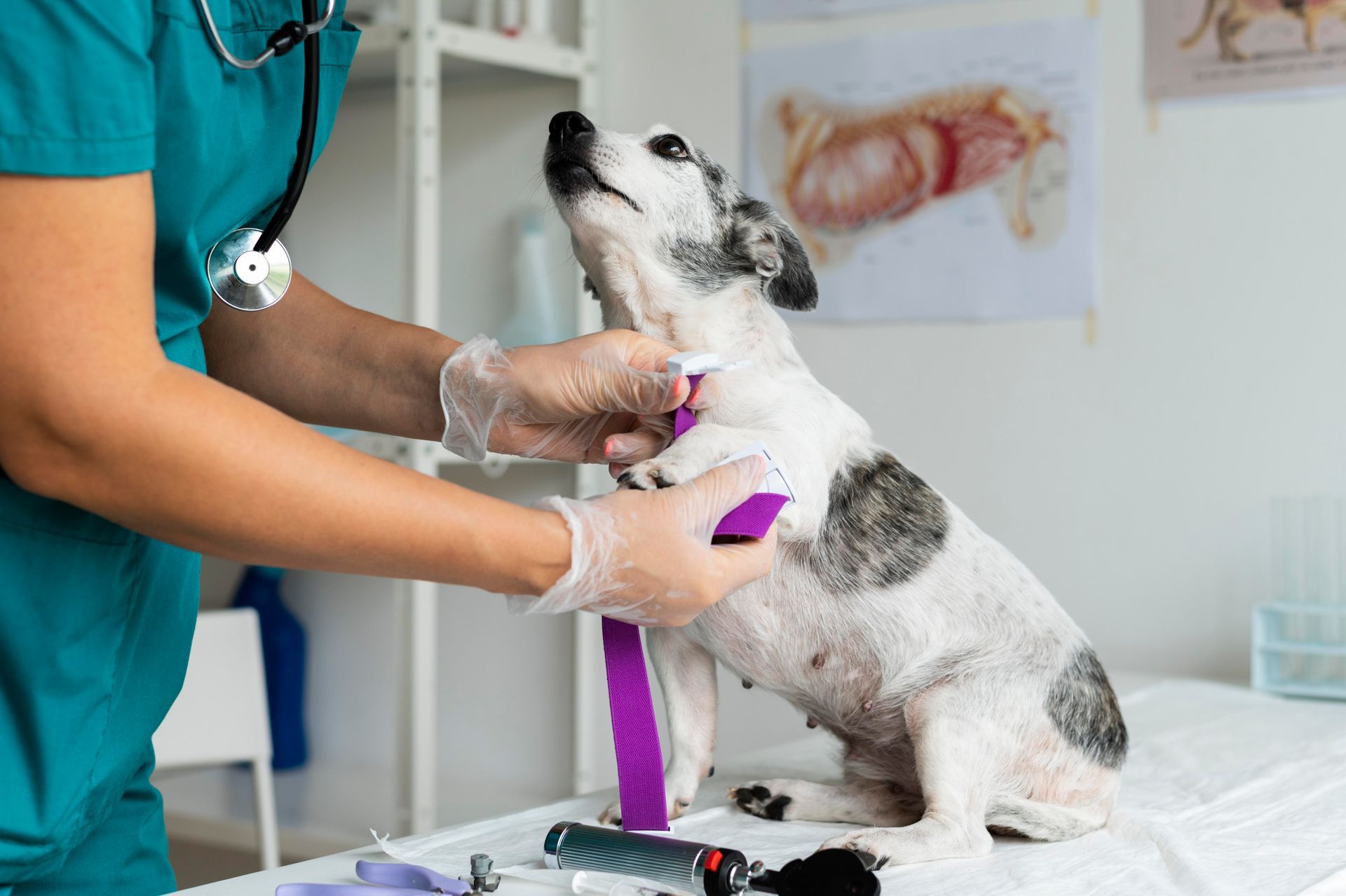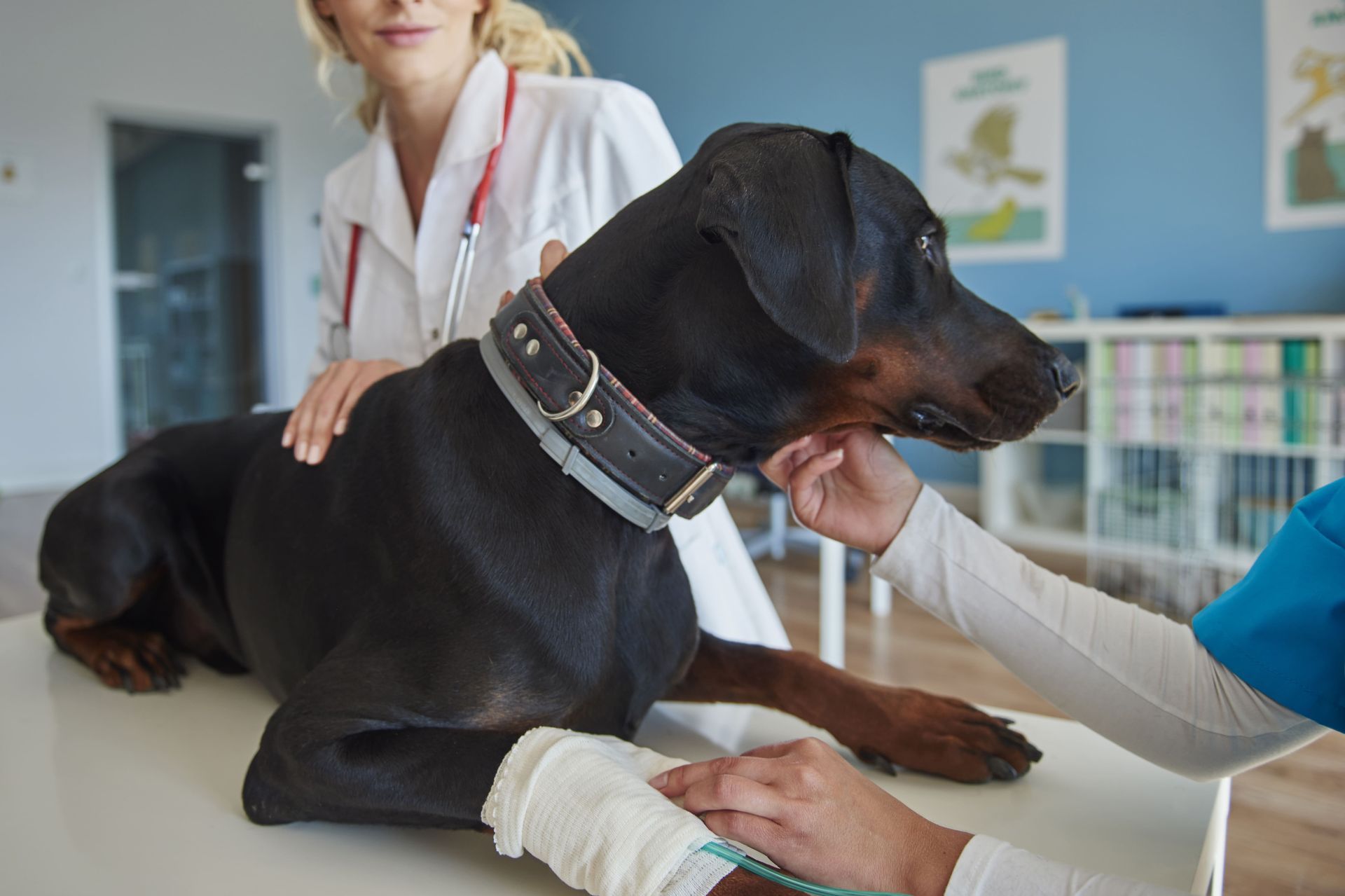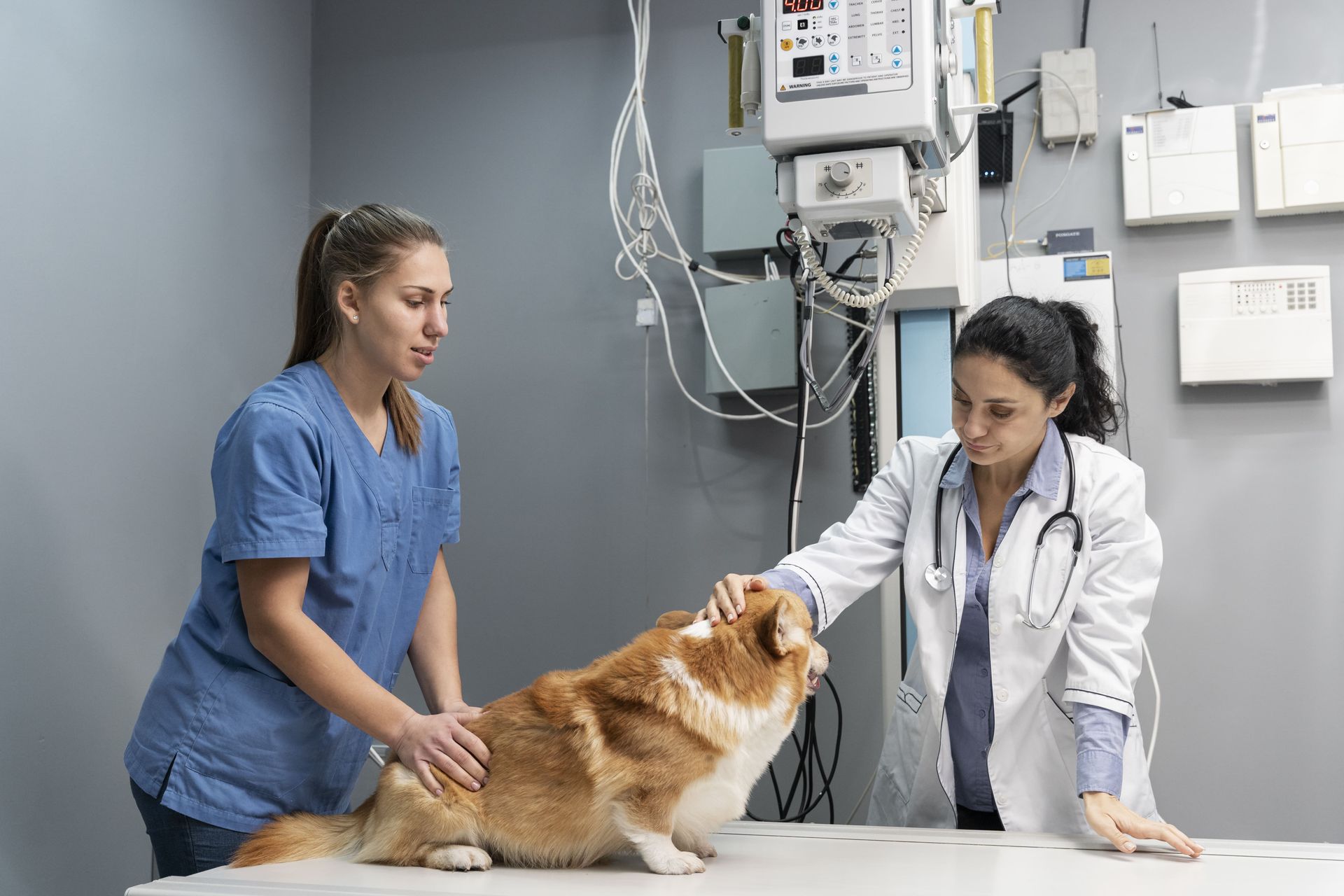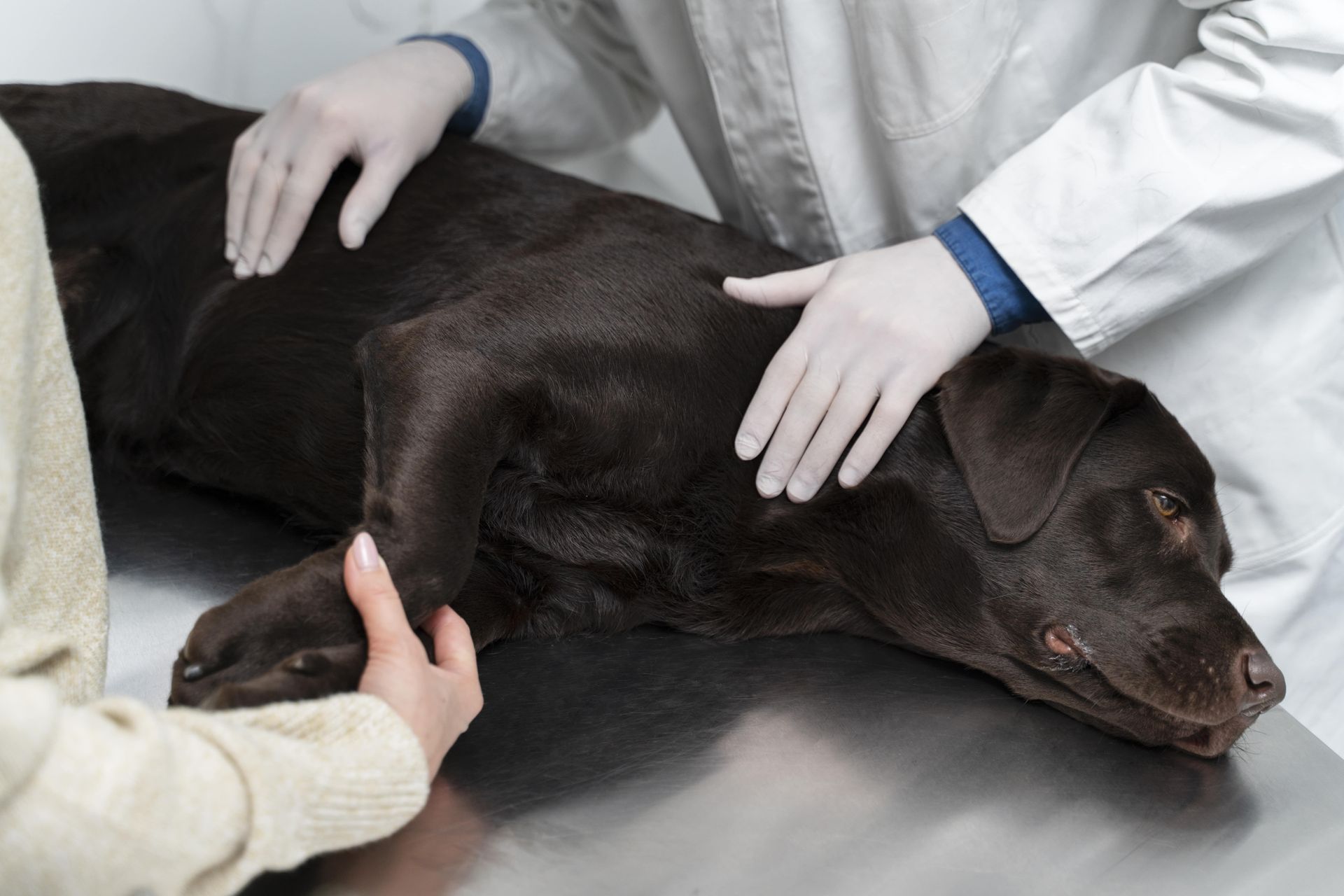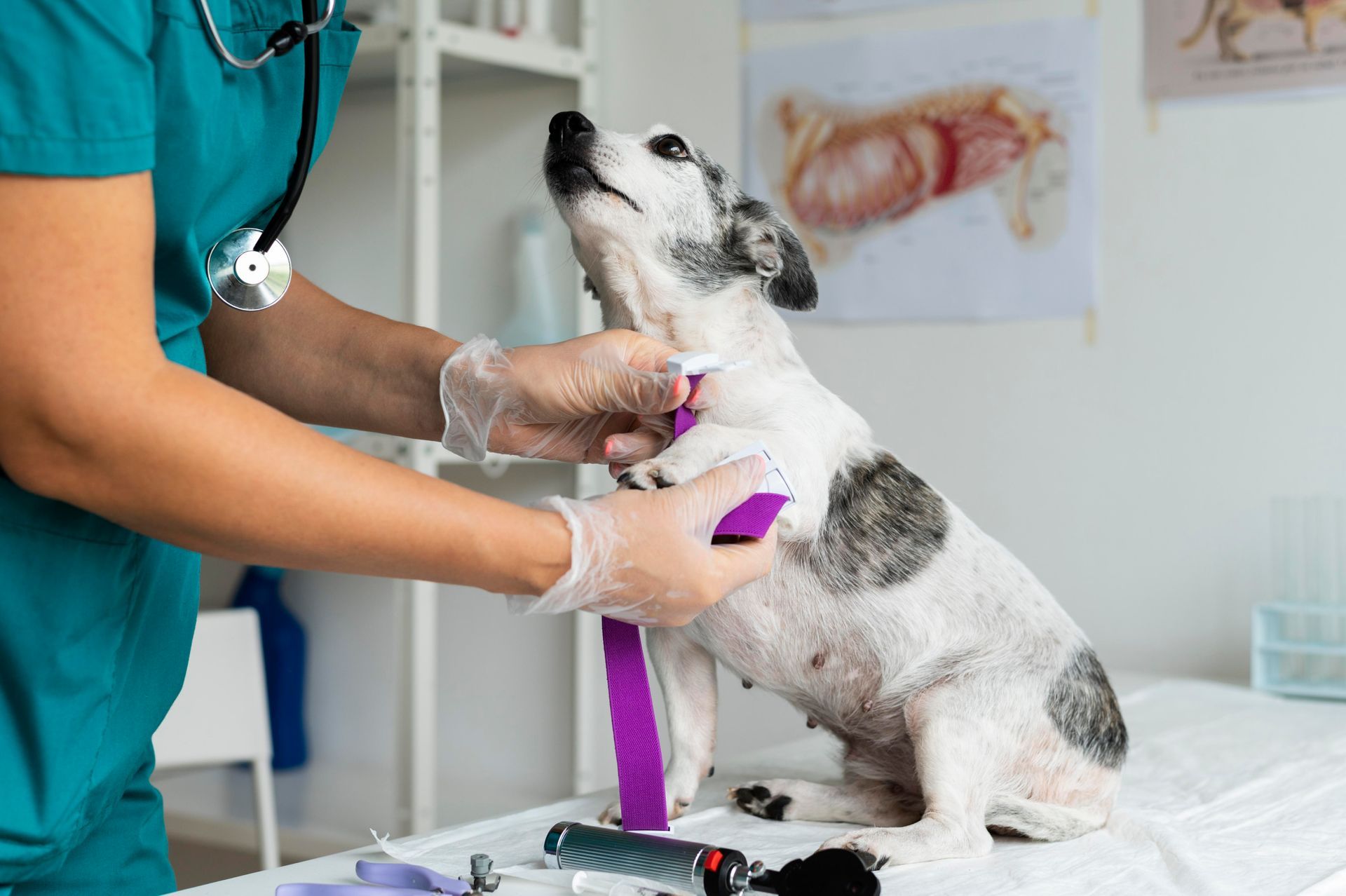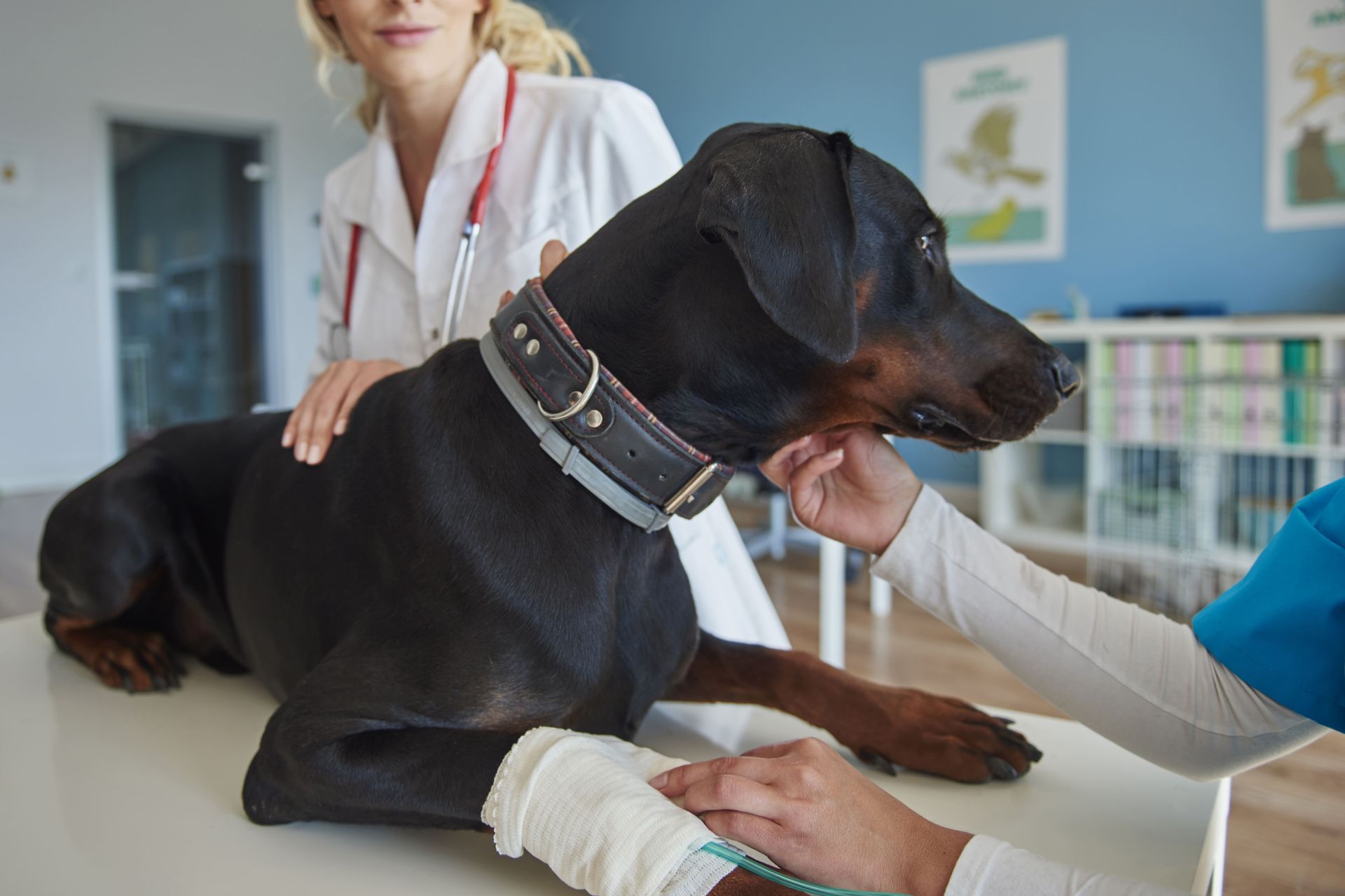Understanding Pet Cardiology: Treatments for Your Furry Friend’s Heart Health
When it comes to your pet’s health, their heart deserves just as much attention as their tail wags and treats. Heart issues in pets are more common than many realize—and just like in humans, early detection and proper care can make all the difference. That’s where pet cardiology steps in. Whether your furry friend is showing signs of fatigue, difficulty breathing, or simply isn’t their playful self, understanding the basics of heart health is crucial.
In this guide, we’ll walk you through the essential treatments available in pet cardiology, from initial diagnosis and medications to diet adjustments, lifestyle changes, and even surgical options. With the right knowledge and veterinary support, managing your pet’s heart condition becomes far less intimidating. So, whether you’re a pet parent dealing with a recent diagnosis or just want to stay informed, this article will help you make the best choices for your companion’s long, heart-healthy life.
Diagnosis and Early Detection
The first step in treating heart conditions in pets is accurate diagnosis. Vets use tools like X-rays, ultrasounds, and electrocardiograms to detect heart abnormalities early on. These diagnostic tests provide a clear view of the heart's structure and help in identifying any underlying conditions that require attention.
Early detection of heart conditions can significantly improve treatment outcomes. Regular check-ups with your veterinarian can uncover potential issues before they develop into severe problems. That’s why pet cardiology emphasizes the importance of proactive, preventive care.
With advancements in veterinary technology, diagnosing cardiac issues has become more precise, allowing for personalized treatment plans tailored to your pet’s specific needs. It’s not just about finding a problem—it's about creating a path forward.
Medications
Medications like ACE inhibitors, beta-blockers, or diuretics are commonly prescribed to manage symptoms and improve heart function. These drugs help regulate blood pressure and fluid retention. For instance, ACE inhibitors work by relaxing blood vessels, making it easier for the heart to pump blood.
It's essential to administer these medications as prescribed and to be aware of any side effects. Consult your vet for advice tailored to your pet's condition. Pet cardiology often involves ongoing adjustments in medication to suit your pet’s progress and comfort.
In some cases, veterinarians might adjust dosages or change medications based on how your pet responds to treatment, reinforcing the importance of regular monitoring. Think of it as a dance of balance—finding the right rhythm to keep your pet's heart strong.
Dietary Changes
A specialized diet may be recommended to support cardiovascular health. Low-sodium foods can help reduce fluid buildup and stress on your pet's heart. By maintaining a balanced diet, pets with heart conditions can achieve better health outcomes.
Including omega-3 fatty acids and taurine in your pet’s diet may also support heart function. Discuss with your vet about the best dietary plan for your pet. As pet cardiology teaches us, nutrition can be just as powerful as medicine.
Feeding practices also matter. Smaller, more frequent meals can help manage energy levels and reduce stress on the heart. Who knew that a tiny bowl of love could make such a big difference?
Lifestyle Adjustments
Moderate exercise and a stress-free environment can greatly benefit pets with heart conditions. Walking and gentle playtime are recommended, but always follow veterinary advice on proper activity levels.
Creating a calm home environment reduces stress, which can have a positive impact on heart health. Pets thrive in settings that offer stability and routine.
Monitoring changes in energy levels, behavior, and breathing can help you quickly spot any potential issues.
Within pet cardiology, lifestyle changes are considered essential, not optional. The right setting can turn your home into a heart-healthy sanctuary for your pet.
Surgery and Advanced Treatments
In some cases, surgery may be necessary. Procedures like pacemaker insertion or balloon valvuloplasty can correct certain heart issues and improve quality of life. These advanced treatments offer pets a chance at a longer, healthier life.
Veterinarians will assess the risk versus the benefit when considering surgical options, thoroughly discussing potential outcomes with you.
Minimally invasive procedures are increasingly available, improving recovery times and reducing stress for your pet.
The field of pet cardiology has evolved drastically, making such treatments safer, quicker, and more effective than ever before.
Regular Monitoring and Check-Ups
Routine veterinary visits are crucial to monitor your pet's heart condition and adjust treatments as necessary. This ensures any changes in your pet's health are promptly addressed. Regular check-ups allow your vet to perform diagnostic tests and evaluate your pet's heart function, catching potential issues early.
It's not just about medication or diet; comprehensive care involves keeping a watchful eye on symptoms and responding swiftly to any changes.
Working with your vet to tailor a care plan suited to your pet's evolving needs can improve their quality of life and heart health. In pet cardiology, collaboration between pet parents and vets is the cornerstone of success.
Keeping Your Pet’s Heart Healthy
Monitoring your pet’s heart health and working closely with your veterinarian can make a significant difference in managing heart conditions. Remember, early detection and treatment are key to ensuring your pet lives a happy, heart-healthy life. For more guidance on maintaining your pet’s heart health, contact us or visit our homepage.
Final Words
Your pet depends on you not just for food and cuddles, but for life-saving decisions when it comes to their health. The world of pet cardiology offers a wide range of treatments and strategies to keep their heart strong. From diagnosis to lifestyle adjustments, every step matters.
Whether it’s a tail wag or a soft purr, the joy pets bring us is beyond measure. So, take heart—literally—and give yours the tools it needs to care for theirs.
FAQs
Q-1. What is pet cardiology?
Ans: Pet cardiology is a branch of veterinary medicine that focuses on diagnosing and treating heart-related conditions in pets, such as heart murmurs, arrhythmias, and heart failure.
Q-2. How do I know if my pet needs a heart check-up?
Ans: Symptoms like coughing, fatigue, difficulty breathing, fainting, or decreased activity may indicate a heart issue. If you notice any of these, consult your vet for a pet cardiology evaluation.
Q-3. Can pets live long with heart conditions?
Ans: Yes, many pets can live a long and happy life with heart conditions if diagnosed early and managed properly with medications, lifestyle changes, and regular check-ups.
Q-4. Are there specialists in pet cardiology?
Ans: Yes, veterinary cardiologists are specialists trained in pet cardiology who can offer advanced diagnostics and treatments for complex heart conditions in pets.

